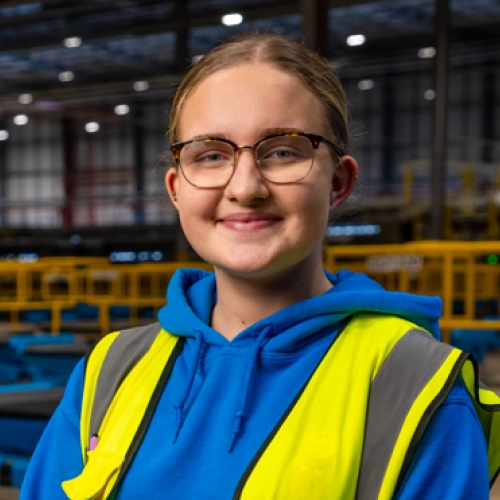Large logistics environments are very high-tech environments, with robots and people working together to fulfil orders accurately and as quickly as possible. Every manufacturer has a logistics department, both to bring components or ingredients to their sites and to distribute finished products. Logistics teams are relied upon to keep businesses and manufacturing processes running smoothly.
With the massive growth of the internet and online shopping, we’re all familiar with deliveries arriving at our door, sometimes only hours after we’ve ordered them. Of course, goods and produce have been delivered all over the world for hundreds of years, but the difference today is the speed with which this happens and the volume of goods being distributed.



